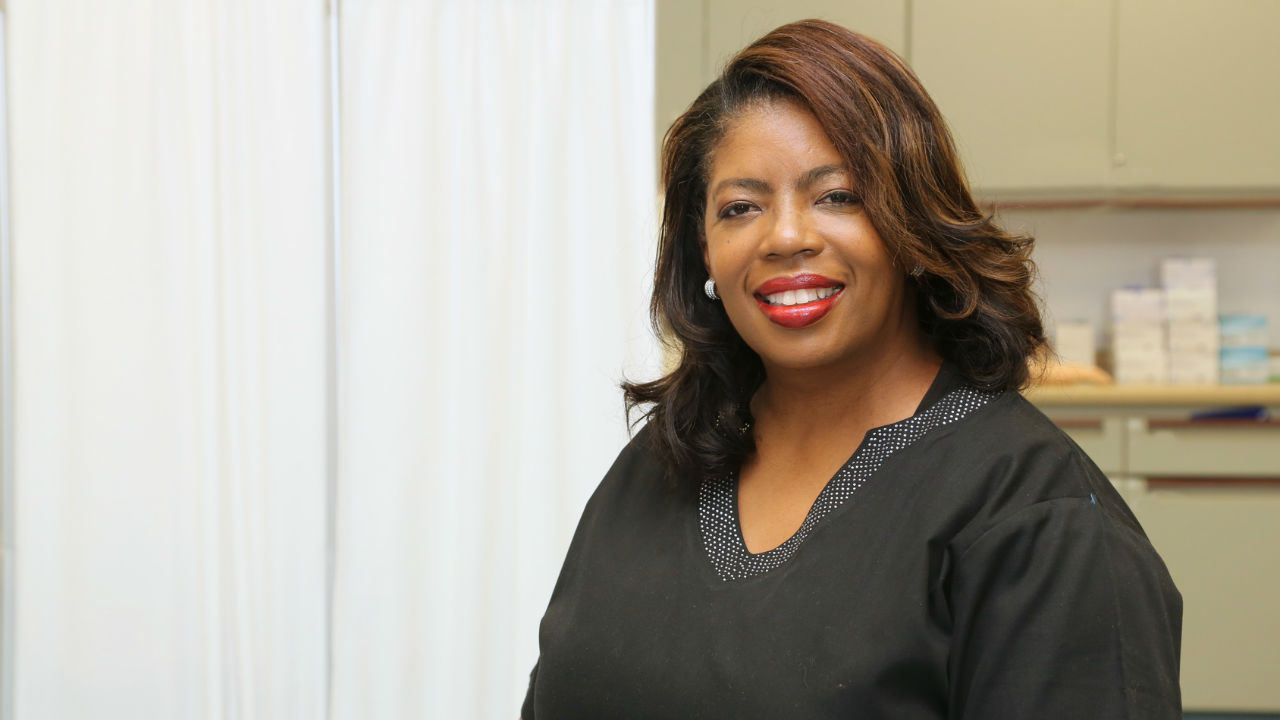 Andrey Kuzmin/fotolia
Andrey Kuzmin/fotolia
Before proceeding with a hysterectomy, Heather’s (our imaginary patient) gynecologist suggested that Heather have a D&C (dilatation and curettage) during which the lining of the uterus is scraped away. A D&C can help in diagnosing the cause of the bleeding, and sometimes cures it. The D&C did not stop Heather’s excess bleeding so Heather and Ken decided to move forward with the plan for a hysterectomy. They had already learned a lot from talking with Dr. D and with the doctor they’d consulted for a second opinion.
When they saw Dr. D to discuss the hysterectomy, she said there were a number of important choices Heather and Ken would need to make: abdominal vs. vaginal surgery, total removal of the uterus or retaining the lower part of the uterus, the cervix, type of anesthesia, whether to remove or to retain the ovaries, and, if the ovaries are removed, whether or not to use estrogen therapy afterwards. In this article we’re focusing on the last of these, the question of ovarian retention and estrogen replacement.
Dr. D told Heather and Ken that there was some consensus among gynecologists that healthy ovaries should be retained in women 45 and younger, and Heather was 43. The ultrasound had shown that Heather’s ovaries appeared normal, although Dr D said she’d want to confirm that by examining the ovaries at the time of surgery. Heather and Ken agreed that Dr.D. had permission to remove the ovaries if she found evidence of pathology.
Dr D outlined the pros and cons of removing one’s ovaries. Ovaries are removed (oophorectomy) to prevent ovarian cancer and other ovarian problems such as cysts that might require another surgery in the future. Dr. D said that there was some new information about ovarian cancer she thought they should know. Apparently, the most common ovarian cancers actually start in the fallopian tubes and one can leave the ovaries and just remove the tubes.1 It is not known how well the ovaries will function after that surgery. If you feel strongly about wanting to retain your ovaries, that is a choice you might consider.
Why retain your ovaries?
The reason a woman keeps her ovaries is to maintain the benefits of her ovarian hormones. After hysterectomy without oophorectomy, ovaries usually continue to produce the hormones they have always made (estrogens, progesterone and testosterone) for about seven years. Estrogen and testosterone play important roles in female sex desire and sex response and estrogen is a vital chemical in many bodily systems. Estrogen deficiency causes symptoms that can seriously interfere with the quality of a woman's life, increase her risk for a number of diseases, and even increase risk of premature death, largely from heart disease. Estrogen, either from her own ovaries or from estrogen therapy, reduces those risks.
"Boy, this gets complicated. I’m glad you mentioned taking estrogen because I’ve been one of those women who believed estrogen causes breast cancer," Heather said.
"That’s certainly a widespread idea but it’s not correct. Study after study has shown that women who have had a hysterectomy who use estrogen-only therapy have a reduced risk of developing breast cancer,"2Dr. D replied. "Even among women who carry the so-called breast cancer gene (BRCA1 or BRCA2), estrogen does not increase the risk of breast cancer.3 In fact it has been shown that, in women who have sisters who developed breast cancer before age 50, taking estrogen reduces their breast cancer risk," 4
"Yes, I’ve read about that...and a lot of other things that have made me...made us...rethink the whole estrogen story," Heather said. "We’ve both ended up believing in the benefits of estrogen therapy."
"Whether you keep your ovaries or have them removed, I want to emphasize the importance of you having adequate estrogen until at least age 52," Dr. D added. "After oophorectomy, women experience more severe and frequent symptoms than women who have a natural menopause - symptoms like hot-flashes, disturbed sleep, fatigue, and depressed mood. Estrogen therapy often alleviates or even eliminates the symptoms and reduces the risk of developing osteoporosis and atherosclerosis.”
One week after this visit with Dr. D Heather and Ken called her to say they were ready to schedule the hysterectomy and had decided that Heather would have her ovaries out and would go on estrogen therapy.
Read more in Advancing Health After Hysterectomy1. Parker W, Broder M, Chang E, et al. Ovarian conservation at the time of hysterectomy and long term health outcomes in the Nurses’ Health Study. Obstet Gynecol 2009;113(5):1027-1037.
2. Chlebowski RT, Anderson GL,. Changing Concepts: Menopausal Hormone Therapy and Breast Cancer. J Natl Cancer Inst 2012;104:517-527.
3. Rebbeck TR, Friebel T, Wagner T, et al. Effect of short term hormone replacement therapy on breast caner risk reduction after bilateral oophorectomy in BRCA 1 and BRCA 2 mutation carriers: the PROST Study group. J Clin Oncol. 2005;23(31):7804-10.
4. O’Brien KM, et al. Hormone therapy and young-onset breast cancer. Am J Epidemiol 2015;181:799-807.






Add a CommentComments
There are no comments yet. Be the first one and get the conversation started!